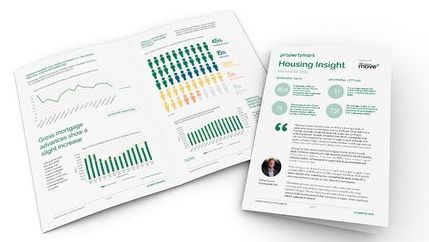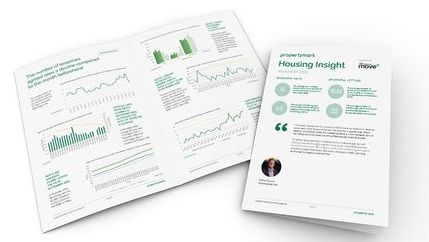
Every time a sale falls through Propertymark members estimate the average cost to their business is £4,123, with agents also stating they wasted at least seven days of time. Failed sales are also having an impact on the consumer, resulting in them losing an estimated £1,571.
Impending stamp duty deadline
The figures make clear the perils of a cliff edge deadline to the stamp duty holiday. While speculation in the press suggests the Chancellor may extend the tax relief for three months, Propertymark has been running a campaign to get the deadline extended to avoid shifting the cliff edge to the end of June.
The research shows the cost of failed sales was a problem for two in five businesses, with a further 24 per cent calling them a substantial problem. There are concerns that the average number of failed sales could rise this year as data forecasts that over 325,000 may miss the stamp duty holiday deadline if it isn’t extended.
Common reason for failed sales
The report also focused on the reasons why sales fell through, with the buyer changing their mind as the most common reason, which was 62 per cent, 49 per cent stated this was due to a breakdown further up the chain. Other problems included: legal issues (44 per cent) and the seller deciding not to sell (31 per cent).
Three per cent showed it was due to ‘Gazundering’ (where the buyer lowers the offer amount, typically just before the exchange of contracts) and ‘gazumping’ (when somebody makes an offer higher than the one already accepted) was 1 per cent.
Looking at why buyers changed their minds, most members (50 per cent) said it was down to a change in their circumstances. A breakdown further up the change was cited by 35 per cent and 34 per cent said the condition of the property. These issues were also reflected in the reasons for the seller changing their mind too. Over and above these issues, finding another property (30 per cent) was the fourth most likely reason for a buyer changing their mind, whilst for sellers, it was wanting to increase the price (22 per cent).
Mortgage issues were the fifth most common reason for buyers and sellers changing their minds, at 28 per cent and 21 per cent respectively.
Solutions to preventing failed sales
Asked what solutions would most likely prevent this issue, 88 per cent of respondents said more information upfront, enabling the property to be market and sale ready.
Propertymark’s Sales Protocol Toolkit will help speed up transactions, reduce fall-throughs and comply with Consumer Protection Regulations. It includes a comprehensive Property Information Questionnaire which vendors can complete right at the start of the sales process and will not only reduce the need for duplication of information, it can be used to market a property better.
Sales Protocol Toolkit
The toolkit offers huge potential to speed up transactions, reduce fall-through rates and comply with Consumer Protection Regulations.
The toolkit also includes a Memorandum of Sale checklist and a Declaration of Offer form, which can be used alongside other documents, including the HM Land Registry title documents and plans. Simon Wilkinson of Wilkinson Estate Agents and a Propertymark Board Member is an ambassador of the Toolkit and explains the benefits in our webinar.
Sales Protocol Toolkit Webinar
Simon Wilkinson runs through the benefits of using our Sales Protocol Toolkit. The toolkit encourages agents and vendors to work together from the outset to get the property market ready and sale ready.
Other reasons why sales failed were due to the need for estate agents to work more closely with solicitors through the buying process (83 per cent) and reservation agreements (82 per cent). In terms of workload, having the conveyancer instructed before marketing commences was the most likely factor to reduce the workload on businesses (net reduction of -24 per cent), while reservation agreements were the factor most likely to increase the workload on businesses (net increase of 7 per cent).







